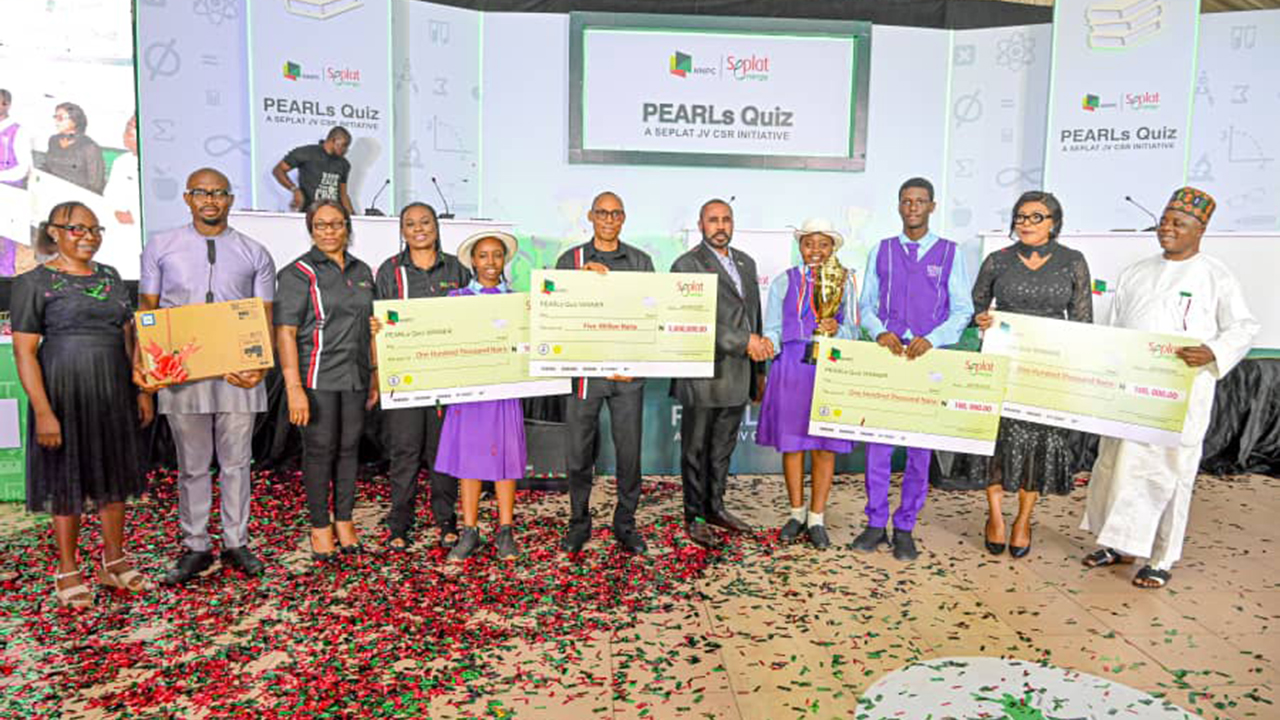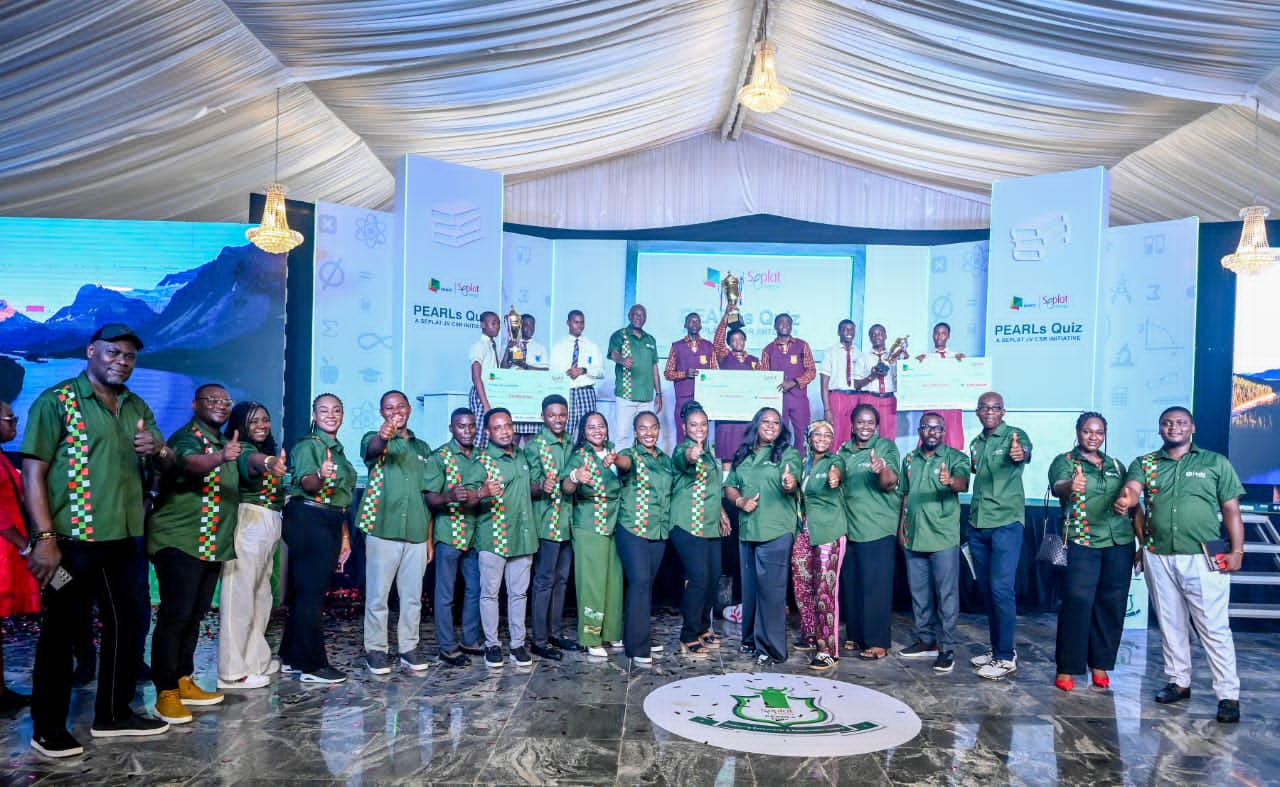
Every 5 October, World Teachers’ Day is held to celebrate all teachers around the globe. According to the United Nations Educational, Scientific and Cultural Organisation (“UNESCO”), “It is a day to celebrate how teachers are transforming education, but also to reflect on the support they need to fully deploy their talent and vocation, and rethink the way ahead for the profession globally.”
And the 2022 Teachers’ Day celebration in Nigeria was an opportunity to reflect on the standard of education as reflected in the welfare of teachers, poor infrastructure in schools and underfunding of the education sector.
The declining standard of education in Nigeria, especially among public schools has become so daunting that many parents would rather send their children to private schools than public schools. One of the major factors responsible for the decline in standard in the nation’s education sector is the inability of the various levels of government to adequately fund public schools and motivate teachers.
For instance, UNESCO is said to have recommended that at least 15 per cent to 20 per cent of a nation’s budget should be allocated to the education sector, because education is the bedrock of national development. Unfortunately, successive governments in Nigeria have never achieved that percentage of budget allocation. Over the years, allocation to the education sector has languished below 10 per cent of the national budget, with the allocation decline sometimes compared with a year before. The percentage allocated in the 2022 budget for education is 5.4 per cent representing the sum of N92.79bn from the country’s N17.13trn total budget. This year’s allocation for budget is the lowest in seven years (2016 – 2022). Interestingly, Nigeria’s highest allocation for education was N484.2b, representing 10.7 per cent of the 2015 budget, from a total of N4.5 trillion ($22.6 billion) budget.
The underfunding of education over the years has resulted in poor infrastructure, lack of basic teaching equipment, ill-equipped libraries, inadequate training of teachers, low morale among teachers and, an increased number of out of school children, among others.
The 2019 Statista data published in February 2021 showed that Nigeria has 13,640 junior secondary schools, and 27,042 senior secondary schools. According to the database of teachers from the Teachers Registration Council of Nigeria (TRCN), Nigeria has 2,108,342 registered teachers, with 1,250,000 licensed teachers as of Q2 2022.
Although Nigeria appears to have a considerable number of teachers based on the TRCN data, a sizable number of these teachers have been found to be less than qualified. For instance, as reported in some national media, the Kaduna State Governor, Malam Nasiru El-Rufai, in 2018 ordered the sack of 4,562 out of the 15,897 teachers that the state government newly recruited to replace the 22,000 unqualified teachers it sacked earlier in 2017.
There was the case in Edo State where the former governor, Adams Oshiomhole, made a huge spectacle of the standard of the state’s education system when he identified a teacher who could not read her age declaration certificate after spending 20 years as a teacher. The embarrassing incident illustrates the deficit of qualified teachers in Nigeria. These cases may seem isolated, but it is believed that they reflect the state of the teaching profession in the country currently, especially in public schools.
On a positive note, President Muhammadu Buhari, has pledged to restore teachers and the teaching profession to their rightful position by implementing the professional teaching and teacher qualification framework standards, which will impact the performance of teachers and academic performance in schools.
Speaking during the celebration of World Teachers’ Day 2022, President Buhari said: “This government has commenced full implementation of the professional teaching and teacher qualification framework standards that will impact education outcome and teacher performance at the pre-school, basic, secondary and tertiary levels.”
The government has also introduced some initiatives which are aimed at improving the quality of education in Nigeria. These include introduction of the Universal Basic Education (UBE), introduction of the education tax fund, and approval of a special salary structure for teachers.
Commenting on the welfare of teachers during the World Teachers’ Day 2022 event, the National President of Nigeria Union of Teachers (NUT), Audu Amba, urged the Federal Government to fast-track the implementation of the 2020 incentives, and the new welfare packages promised them two years earlier by President Buhari.
Speaking on the same subject of welfare of teachers, Dr. Peter Ogudoro, a development educationist, communication consultant, and Facebook Community Accelerator award winner in 2021 agrees. He advised the government and school owners to invest in teachers’ growth. “Functional education delivered by highly-motivated teachers should be considered Africa’s route out of the pervasive poverty on the continent,” Ogudoro argued.
Several private organisations have been involved for some years in motivating teachers and driving the growth of education in Nigeria to complement efforts by the government. From the “Maltina Teacher of the Year Award” to the “Cowbellpedia Prizes for Students, Teachers & Schools”, and the “Cadbury Bournvita Teachers’ Awards.”
Among the companies supporting the growth of the education sector is Savannah Energy, the British independent energy company focused around the delivery of Projects that Matter in Africa. Savannah’s subsidiary, Accugas Limited, partners with the Inoyo Toro Foundation, a not-for-profit charity that celebrates teachers and teaching excellence, to recognise and reward outstanding teachers in public secondary schools in Akwa Ibom State.
The Inoyo Toro Foundation is dedicated to the eradication of poverty through education. The Foundation’s “Annual Awards for Teaching Excellence in Akwa Ibom State Public Secondary Schools” is focused on the achievements of teachers and rewarding them. According to the Foundation, the award is aimed at “restoring the integrity and pride of teachers, thereby motivating them to be more diligent in their work and producing better students.”
Since the partnership with Inoyo Toro Foundation commenced six years ago, Accugas has remained the sponsor of the Foundation’s highest awards category
“The Grand Mentor Award.” Winners of that category are rewarded with N500,000 each.
At the 2022 event in Uyo which coincided with the Foundation’s celebration of its 15th year anniversary, Accugas gave a total prize of N2.5m to five teachers namely, John Udoh (English); Ekpedeme Akpan (Mathematics); Joshua Effiong (Chemistry); Akpan Inyang (Physics); and Aniefiok Antia (Biology). The winners were selected by a panel, which rigorously reviewed the performances of the teachers that participated in the selection process.
One of the winners, Aniefiok Antia, thanked Savannah Energy and Inoyo Toro Foundation for the award. According to him, “I want to appreciate Savannah and Inoyo Toro Foundation for this award. We see this award as our own Nobel Prize. We know that the Nobel Prize is the highest prize an individual can have here on earth. This award will encourage us to work harder.”
Commenting on the company’s initiative, Nkoyo Etuk, Head, Stakeholder Relations and Regional Manager, South East, Savannah Energy, Nigeria said: “We are delighted to partner with the Inoyo Toro Foundation to celebrate and reward teachers in public secondary schools in Akwa Ibom State who are making a verifiable impact in their schools. The teaching profession is a noble job, and we want to demonstrate that we appreciate the important roles that teachers play in shaping the minds, character, and lives of people in society.
“In addition to this, education is an important pillar of Savannah’s CSR programme. This is why we have spent millions of naira to construct new classroom blocks, renovate classrooms, provide books and other teaching materials, equip laboratories, and fund key infrastructure across selected public schools in communities where we operate.”
As has been demonstrated by Savannah and other companies supporting the education sector, the task of revamping the education sector in Nigeria cannot be done by the government alone. More private sector investment and support is needed to restore the dignity of teaching profession and improve the overall performance of teachers in Nigeria. Savannah’s and other companies’ gestures prove once again that the teachers’ reward can be reaped on earth, not only in heaven.






